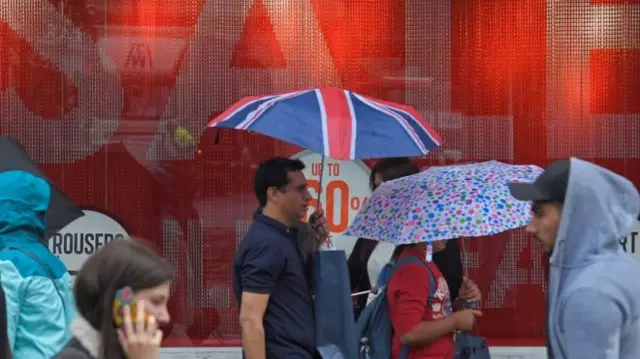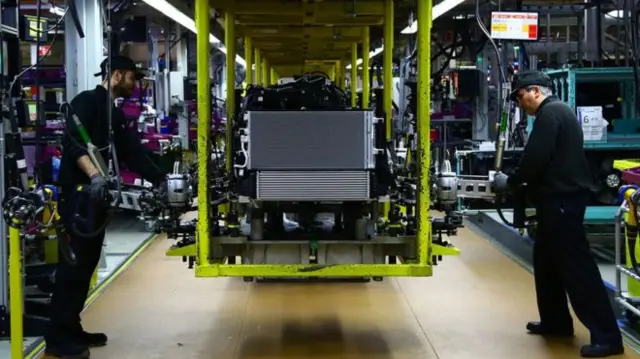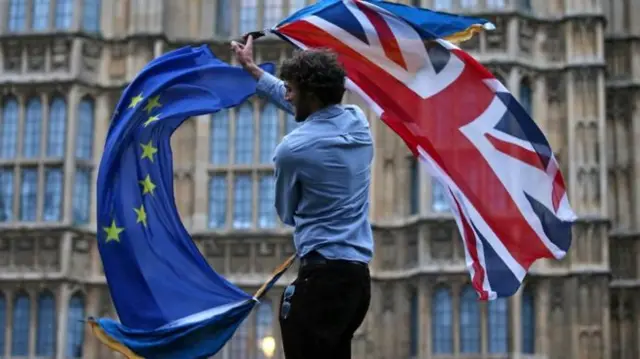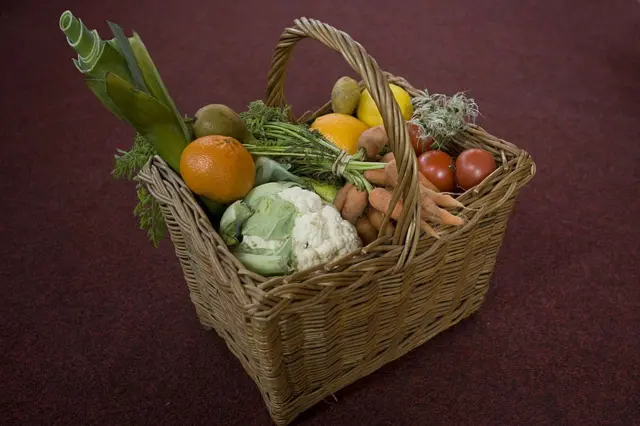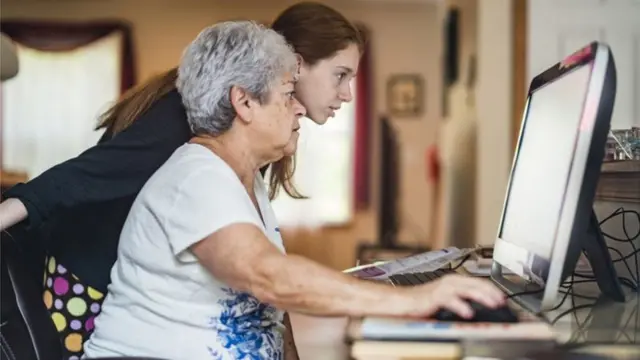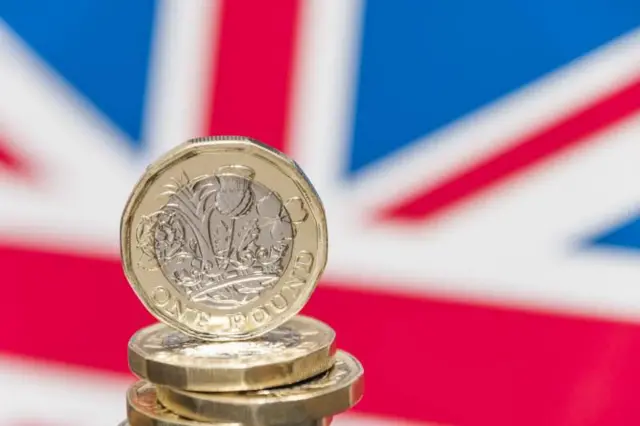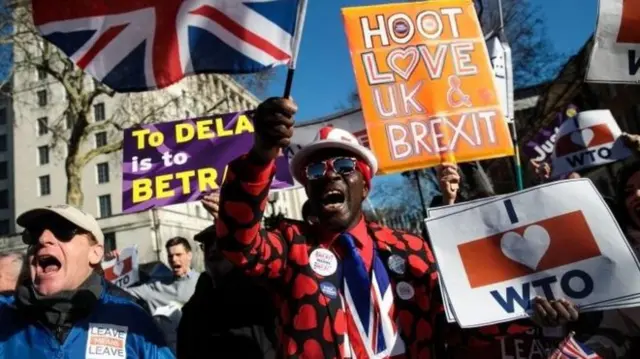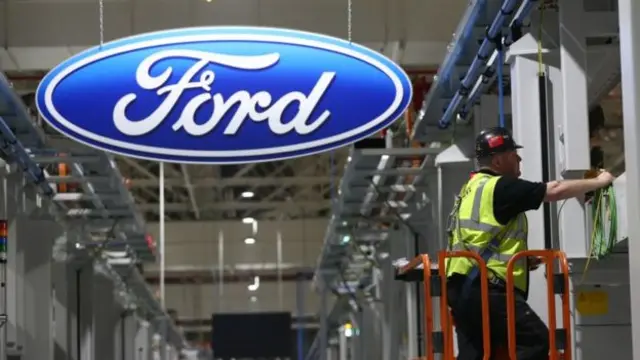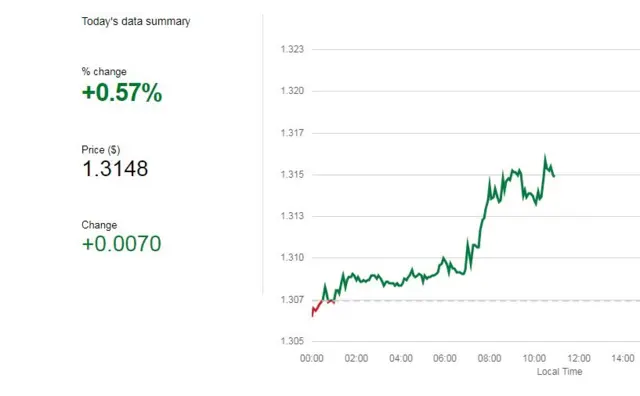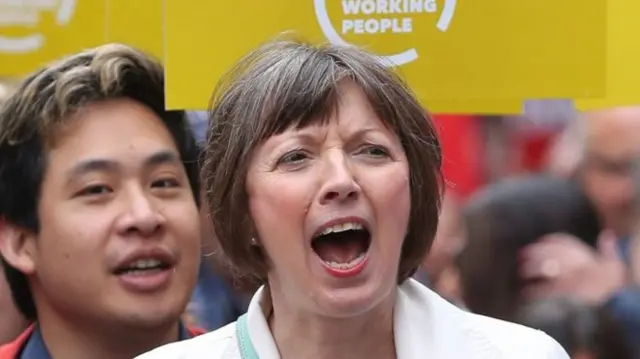Deal dividend?published at 12:56 GMT 13 March 2019
 Image source, Getty Images
Image source, Getty ImagesPhilip Hammond is confident that if the UK does leave the EU with a deal there will be an economic boost due to a pick-up in business confidence and investment.
He says his role will be "to decide how much of this “Deal Dividend” we can prudently release… …and how we would share it between increased spending on public services, capital investment in Britain’s future prosperity and keeping taxes low… …while continuing to keep debt falling."

